As Vietnam's tourism industry recovers from the impact of the Covid-19 pandemic, Vietnam is estimated to welcome 110 million tourists in 2023, including about 8 million international tourists. The number of Chinese tourists alone is expected to reach 4.5 million, equivalent to about 50-80% of the number of tourists before the pandemic.
Ms. Le Thi Thu Thuy - Deputy Director of the Enterprise Development Institute (VCCI). Photo: Internet.
However, this recovery also comes with concerns that the boom in domestic and international tourism will cause demand for ivory and other illegal wildlife products to rise again.
To mitigate this risk, EDF/VCCI is working with the USAID-funded Endangered Wildlife Protection Project and the Quang Ninh tourism sector to implement activities to prevent the demand for illegal wildlife products, aiming to develop sustainable and environmentally conscious tourism.
Ms. Le Thi Thu Thuy, Deputy Director of the Institute for Enterprise Development (VCCI), said: “Implementing social responsibility, including protecting the environment and wildlife, is a way to build the image of businesses, thereby enhancing the competitiveness of businesses in both domestic and foreign markets.”
Businesses signed a commitment not to participate in illegal wildlife trade. Photo: Internet.
Also at the workshop, the parties discussed and gave their opinions on implementing the model of “a city that says no to illegal wildlife products” in Quang Ninh province. The goal of this initiative is to successfully build a model of a city that places wildlife protection as part of the core values towards green and sustainable tourism development.
This model has received strong support from local agencies, associations, businesses and communities participating in the workshop. The Quang Ninh Provincial Department of Tourism and VCCI have expressed their commitment to piloting the model in Quang Ninh.
Ms. Michelle Owen, Director of the WWF Endangered Wildlife Project Office, said that the pilot and implementation of the model "Cities say no to illegal wildlife products" is a step forward in proactively fighting against wildlife trafficking.
Vietnam's move away from being a destination for wildlife products also means that the tourism industry is increasingly appealing to environmentally conscious travelers.
The model of “Quang Ninh tourism says no to illegal wildlife products” will enhance the image and attractiveness of Quang Ninh tourism by attracting more tourists who are aware of protecting nature, while actively contributing to efforts to conserve wildlife.
On October 21, in Ha Long city, Quang Ninh province, the Endangered Wildlife Protection Project, the Management Board of Forestry Projects (MBFP) - Ministry of Agriculture and Rural Development coordinated with the Department of Tourism of Quang Ninh province, Quang Ninh Tourism Association, and relevant agencies and units to organize training for 80 tour guides, representatives of units of Quang Ninh.
The training content aims to improve necessary skills, equip comprehensive knowledge about the negative impacts of illegal wildlife trade on biodiversity conservation and tourism development; provide information on legal risks related to endangered wildlife for tour guides; instruct on information skills, handle requests related to buying and selling products originating from endangered wildlife from tourists without affecting the tourist experience.
Ms. Tran Thi Nam Ha, Deputy Director of the Central Management Board of Endangered Wildlife Protection Project, Forestry Project Management Board, Ministry of Agriculture and Rural Development, emphasized: “The Quang Ninh Tourism model of saying no to illegal wildlife products is a testament to the important role of inter-sectoral cooperation in addressing challenges in protecting endangered wildlife species. Tour guides, one of the important subjects of the tourism industry, are the ones who convey the message as well as guide tourists to say no to illegal buying and selling of wildlife. Understanding correctly and doing it correctly needs to start with the proactive awareness of each tour guide. We see the potential to replicate this model to create a nationwide network to join hands in efforts to conserve endangered wildlife associated with responsible and sustainable tourism development”./.
Yanjiang


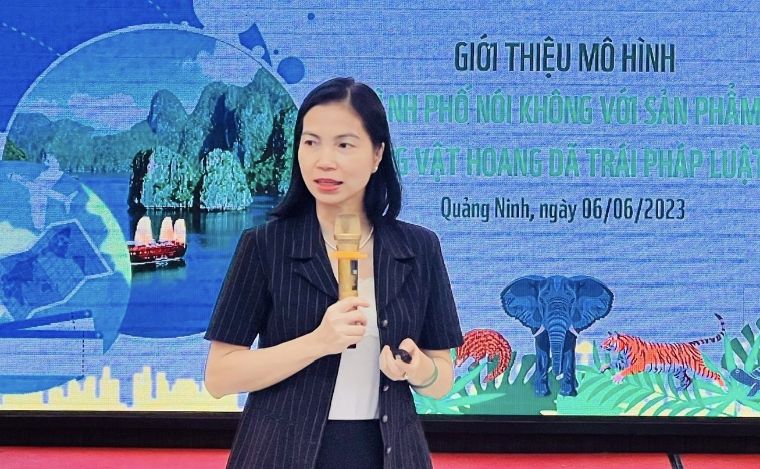
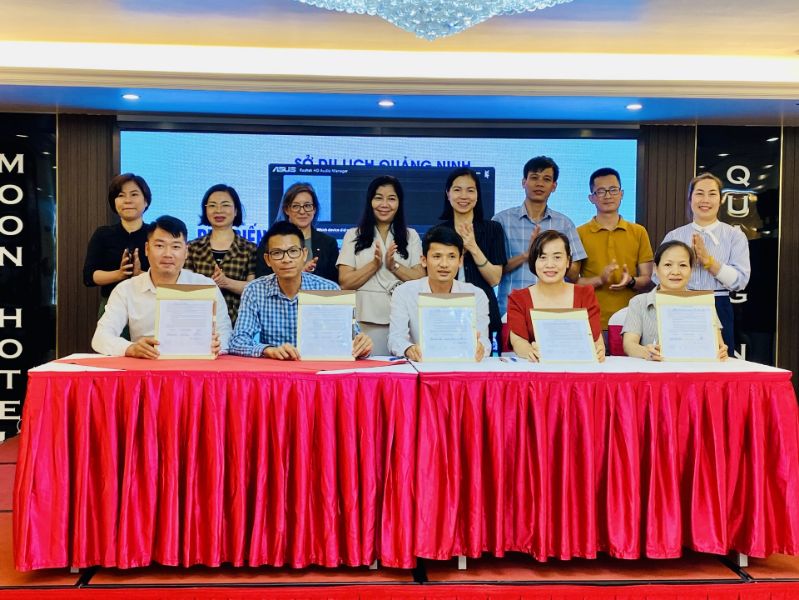
![[Photo] Party Committees of Central Party agencies summarize the implementation of Resolution No. 18-NQ/TW and the direction of the Party Congress](https://vphoto.vietnam.vn/thumb/1200x675/vietnam/resource/IMAGE/2025/10/27/1761545645968_ndo_br_1-jpg.webp)
![[Photo] National Assembly Chairman Tran Thanh Man receives Chairman of the House of Representatives of Uzbekistan Nuriddin Ismoilov](https://vphoto.vietnam.vn/thumb/1200x675/vietnam/resource/IMAGE/2025/10/27/1761542647910_bnd-2610-jpg.webp)



![[Photo] The 5th Patriotic Emulation Congress of the Central Inspection Commission](https://vphoto.vietnam.vn/thumb/1200x675/vietnam/resource/IMAGE/2025/10/27/1761566862838_ndo_br_1-1858-jpg.webp)
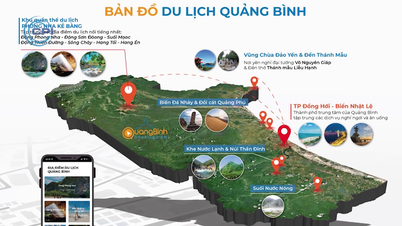

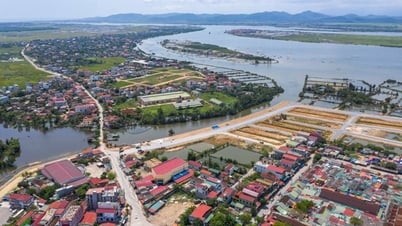

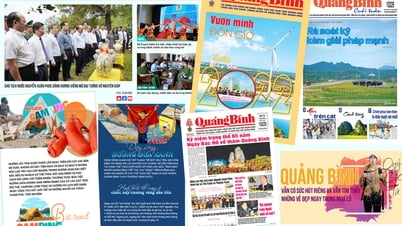
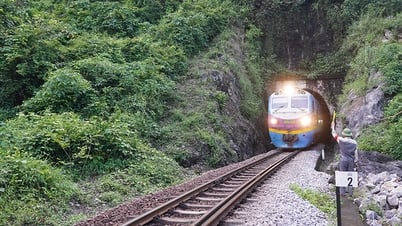
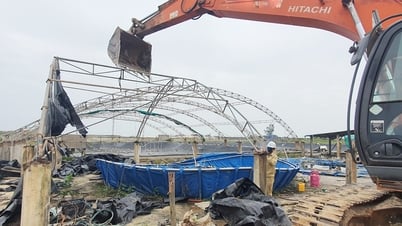
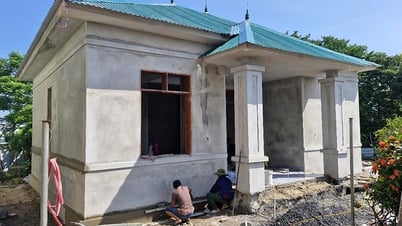




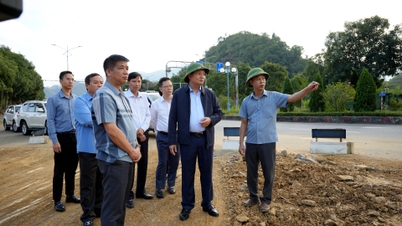


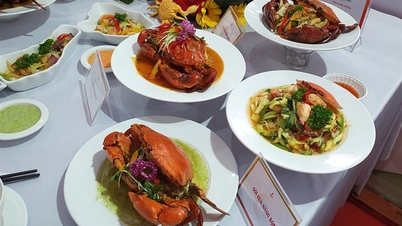
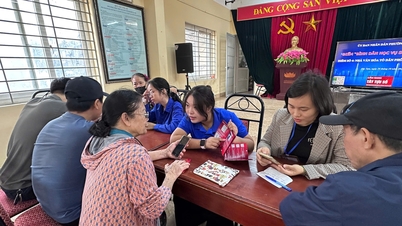







































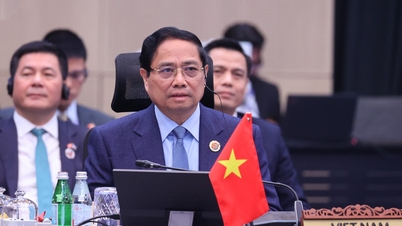








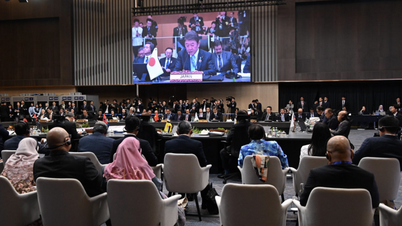

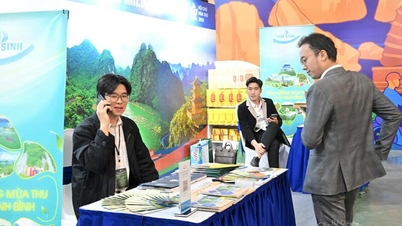

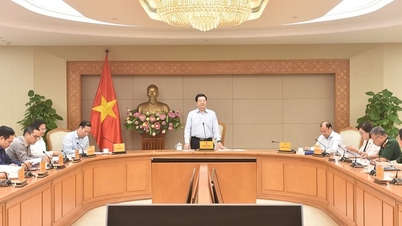

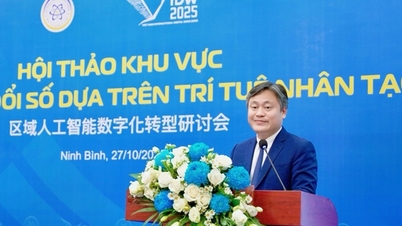
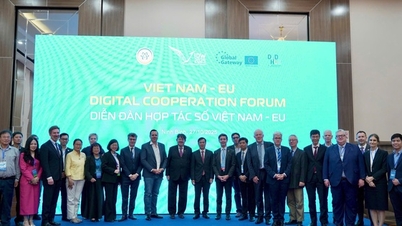
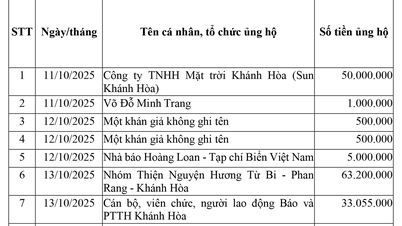




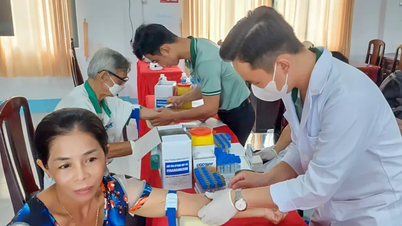

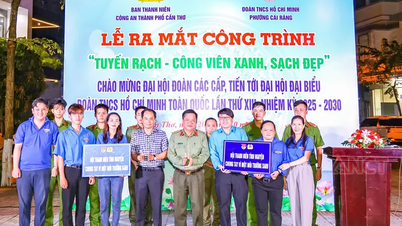
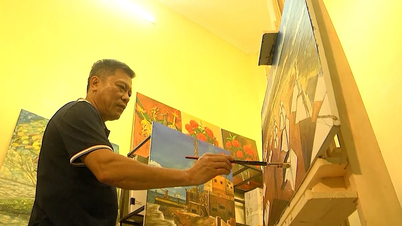














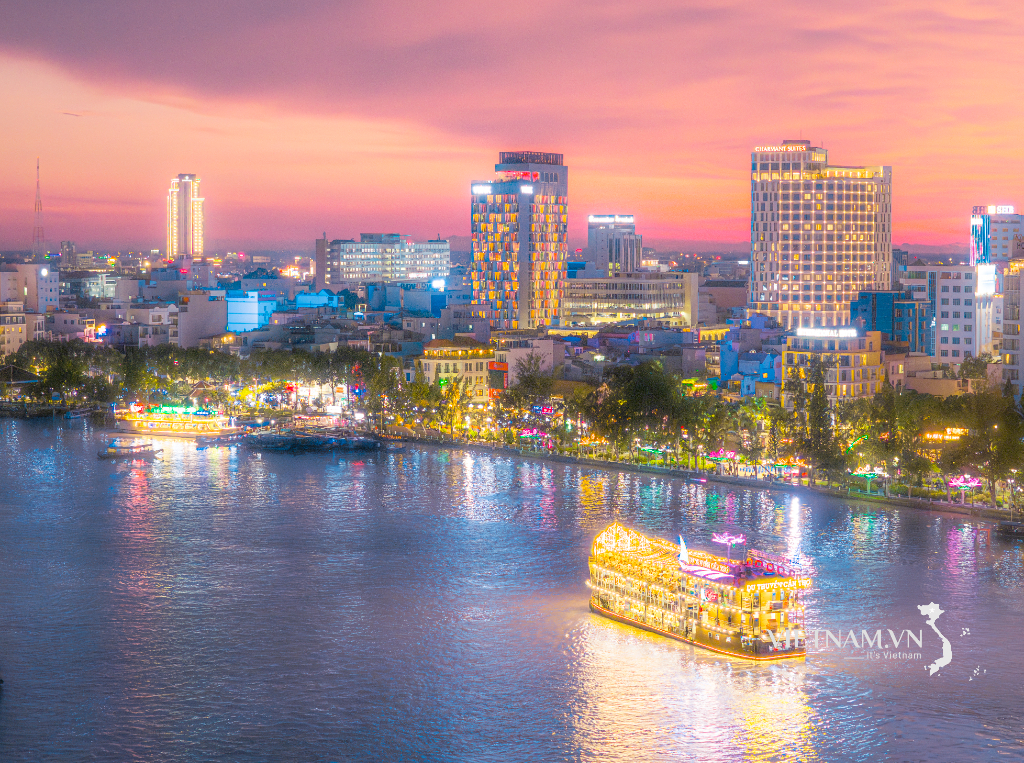
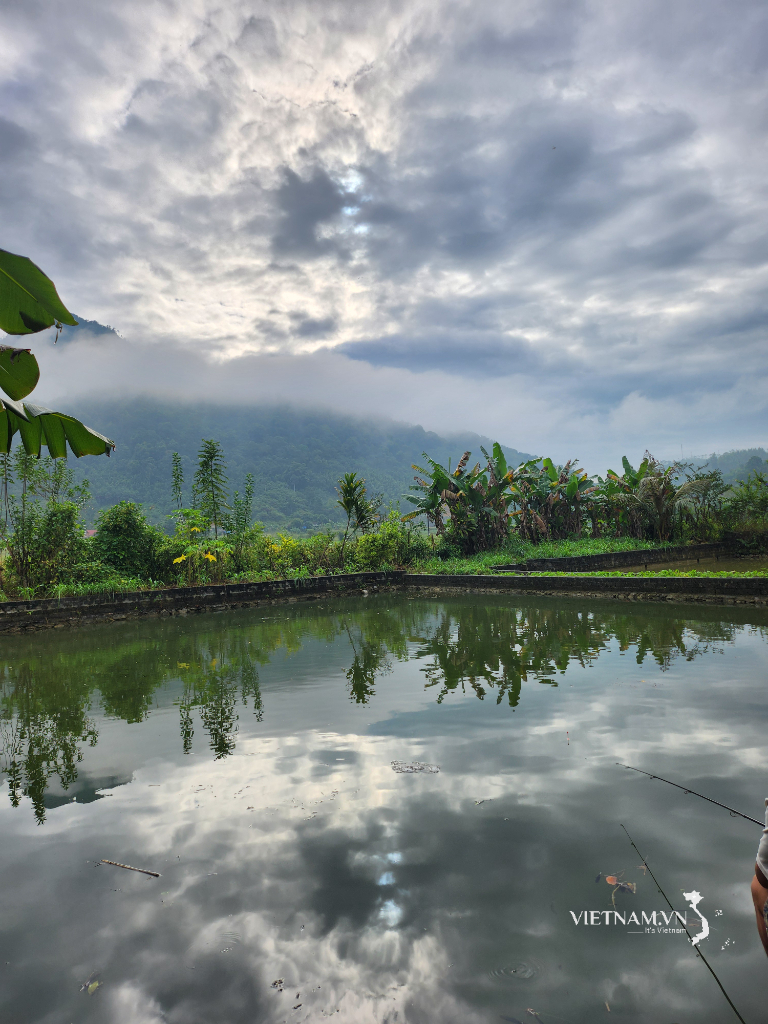

Comment (0)